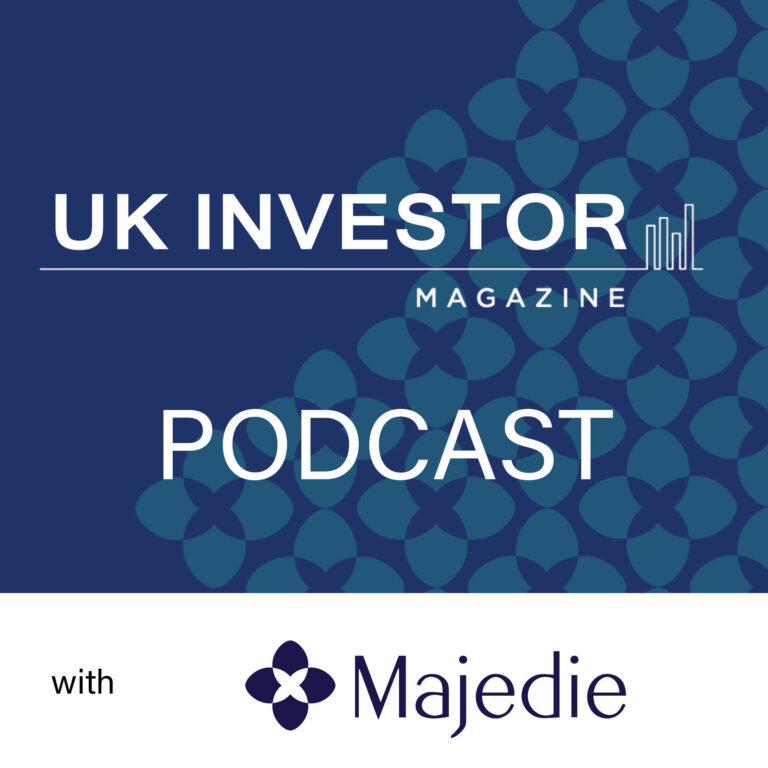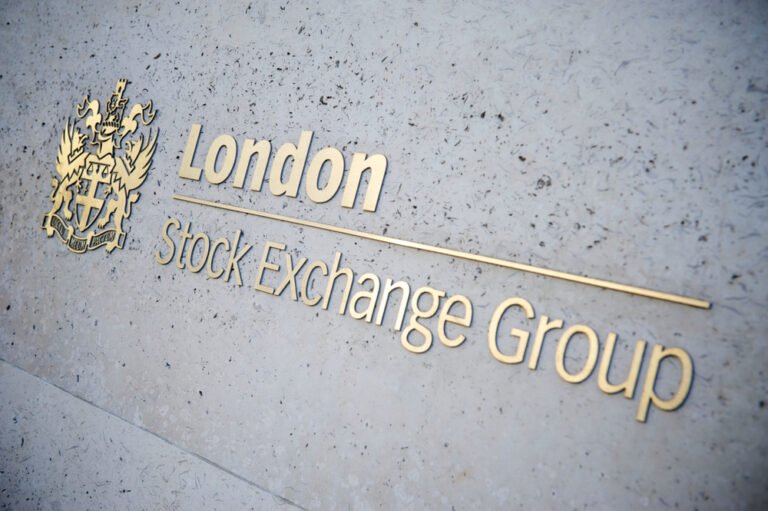The FTSE 100 crept into positive territory in early trade on Tuesday before turning marginally negative as investors digested a raft of corporate earnings from several FTSE 100 heavyweights, including BP, HSBC, AstraZeneca and AB Foods.
The lull in damaging trade policy announcements and conflicting messaging from the White House has created a welcome opportunity for investors to refocus on company earnings.
Although the FTSE 100 rose in early trade, there was a note of caution evident in corporate updates on Tuesday, with HSBC increasing provisions for bad debts and BP reducing share buybacks.
In many respects, the soft results and evasive action by FTSE 100 companies announced on Tuesday are a reflection of the economic uncertainty the world faces as a result of Donald Trump’s trade policies.
HSBC’s increase in provision for bad debts indicates that it expects its customers to default at a significantly higher rate, while BP’s reduction in share buybacks demonstrates a degree of conservatism amid depressed oil prices and economic uncertainty.
FTSE 100 heavyweights: HSBC
Despite the rise in provision for bad debts, HSBC shares rose as the bank beat expectations and announced a fresh round of share buybacks.
“HSBC has kicked off the year with a bang, smashing past first-quarter expectations,” said Matt Britzman, senior equity analyst, Hargreaves Lansdown
“A big part of that outperformance came from strong fee income in areas like currency trading and wealth management – two bright spots that helped support a solid showing from its more traditional banking operations. The numbers are a bit noisy thanks to the sales of its Canadian and Argentinian businesses, which makes year-on-year comparisons a little tricky. But strip out the noise, and the underlying performance looks strong.”
HSBC said it would kick off a fresh round of share buybacks totalling up to $3bn.
While the all-important share buyback helped HSBC share shake off any concerns about their loan book, BP shares suffered after the oil major slashed its buybacks amid ongoing questions about its strategy.
“BP’s making the best it can of a sticky situation,” explained Derren Nathan, head of equity research, Hargreaves Lansdown.
“Improved performance in it’s troubled refineries as well as action taken on central costs has helped eke out an improvement in profitability over the fourth quarter.
“But the difficult backdrop means the bottom line is still a far cry from where it was a year previously. Cash flow is under pressure too and that’s allowed net debt to creep up further. This is a key consideration for activist shareholder Elliott Investment Management and there could be further calls to cut costs and offload non-core parts of the business. This year’s disposals target has been upped slightly, from around $3bn to a range of $3-4bn, but that’s not really going to move the dial.”
AB Foods was the FTSE 100’s top faller, sinking over 8%, as sugar prices rocked their food business and Primark showed further signs of a slowdown.
“There is not much to celebrate in these results from AB Foods,” said Wealth Club’s Charlie Huggins.
The outlook in the Sugar business has worsened, primarily due to lower European sugar prices and an operating loss in Vivergo, the UK bioethanol business. Actions are being taken to turn these businesses around. However, the group warns that a return to profitability is likely to take longer than expected.
“Primark’s sales performance in the UK and Ireland also continues to disappoint. Like-for-like sales fell by 6%, worse than competitors, meaning Primark lost market share in the period. The recent resignation of Primark’s CEO Paul Marchant due to inappropriate behaviour casts further uncertainty and raises question marks around Primark’s culture.”
AstraZeneca
AstraZeneca shares fell over 3% after releasing fairly strong earnings and profit growth in the first quarter of 2025. However, the update served as a reminder that the group was at risk of Trump’s trade policies which have cloudied Astra’s outlook.
“Overall AstraZeneca has demonstrated it’s a calm port in a storm, despite concerns about the impact on business going forward, if the pharma sector is hit by US tariffs,” explained Susannah Streeter, head of money and markets, Hargreaves Lansdown
“The company has recommitted to its expansion plans in the US, which includes increasing the company’s research and manufacturing footprint by the end of 2026.”
Howden Joinery was the FTSE 100 top rising with a 6% gain, helping to offset losses elsewhere in the index.













